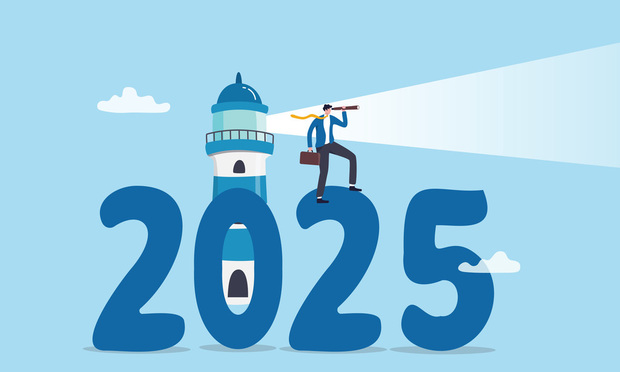There won't be significant premium growth until this moribund economy gets going again, but should government print more money to make that happen?
We've already injected a major stimulus program into our financial bloodstream, but instead of a shot of adrenaline jolting the economy into sustainable growth, the billions allocated by Congress merely slowed the recession's severity.
That's not a bad thing, as we were clearly in free-fall, with hundreds of thousands put out of work every month. Now we're seeing modest job growth, although the pace has slowed to a crawl.
But I fear we've lost our momentum, and in fact are starting to slide into a deeper quagmire as revenue-starved local governments dump teachers, cops, firefighters and other civil servants.
This is having an enormously negative impact on the p&c industry's health. With companies still shedding employees, there are millions of fewer risks for workers' comp carriers to cover. As firms close facilities or go bankrupt, there are fewer properties and liabilities to insure. With startups at a standstill, there aren't as many new prospects to solicit.
That leaves carriers and producers to fight over shrinking insurable exposures. That means falling premiums and expanding terms and conditions.
The economy is so bad, and there is so much excess capacity in the p&c business, I'm not certain even a major catastrophe would harden the market.
This is good news—sort of–for our risk management readers, who benefit from a buyers' market in which they can secure more coverage for lower premiums.
But even risk managers would welcome higher premiums if it meant an economic turnaround was underway. It's no fun laying off workers and closing up facilities, especially since contraction presents its own unique exposures. Plus risk managers see their own jobs in jeopardy.
So what will get this economy producing jobs, profits and investments again? That's the trillion-dollar question!
Economists are at odds. There is the school represented by Robert J. Samuelson of Newsweek, who wrote a column on May 24 headlined: “Wake Up, America! Why We Must Balance The Budget.” Then there is Paul Krugman of The New York Times, who repeatedly writes that it's insane to worry about deficit reduction now, when in fact government needs to spend even more to keep the economy from collapsing.
I must admit it makes me very nervous to see Uncle Sam borrowing $1 out of every $3 being spent. That is just surreal. I have nightmares about the Treasury running its printing presses 24/7, churning out the dollars we need to stay afloat.
Mr. Krugman insists this is no big deal, pointing out the key barometer measuring the financial market's level of concern—interest rates—remain at historically low levels. The worst step we could take, he argues, would be to cut off the flow of deficit dollars, which he predicts would push the economy off the cliff. He urges more federal spending, particularly to prop up failing state governments, which don't have the luxury of printing money.
Mr. Samuelson, however, warns that “though financial markets may condone lax government borrowing for years, confidence can shatter unexpectedly,” with the result being “punishing interest rates.”
For now, I'm sticking with Mr. Krugman, because if Washington slams on the fiscal brakes now, it may be a decade or more before we can restart our stalled economic engine.
What do you folks think we should do to turn this economy around?
Want to continue reading?
Become a Free PropertyCasualty360 Digital Reader
Your access to unlimited PropertyCasualty360 content isn’t changing.
Once you are an ALM digital member, you’ll receive:
- Breaking insurance news and analysis, on-site and via our newsletters and custom alerts
- Weekly Insurance Speak podcast featuring exclusive interviews with industry leaders
- Educational webcasts, white papers, and ebooks from industry thought leaders
- Critical converage of the employee benefits and financial advisory markets on our other ALM sites, BenefitsPRO and ThinkAdvisor
Already have an account? Sign In Now
© 2025 ALM Global, LLC, All Rights Reserved. Request academic re-use from www.copyright.com. All other uses, submit a request to [email protected]. For more information visit Asset & Logo Licensing.







